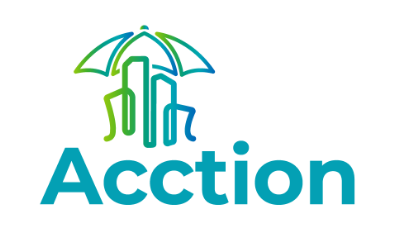A Municipal Risk Management Framework is a comprehensive set of strategies, policies, and procedures to reduce the risk of disasters, damages, and costs for local government organizations.
What is a Municipal Risk Management Framework?

Municipal risk management frameworks are designed to support local governments in the identification and mitigation of the physical, human, financial, legal, and institutional risks of disasters.
The framework outlines the responsibilities of different public and private bodies, provides guidance on data collection and analysis, and offers a range of tools and best practices.
This framework helps establish effective communication between the organizations involved in emergent issues, defines procedures for making and implementing decisions, and sets expectations for collaborative efforts in order to help ensure better outcomes and faster response times in disasters.
What Risks do Cities Over the World Face?

Cities face a range of potential risks from disasters including physical damage to infrastructure, property damage, loss of lives, and economic losses.
These risks can be further broken down into natural risks such as floods, storms, and seismic events, as well as human-caused risks such as industrial accidents and technological failures. Other risks include the impacts of climate change, including extreme weather, rising sea levels, and the spread of diseases.
How does a Municipal Risk Management Framework help Cities Mitigate Disaster Risks?
A municipal risk management framework can help cities and citizens mitigate disaster risks in several ways. By clearly identifying risks and vulnerabilities, it can help cities develop effective strategies for addressing them. It can also provide guidance for collecting and analyzing the data necessary to build more resilient practices and structures.
By bringing together the relevant stakeholders, it can help cities develop and coordinate collective responses to reduce the risk of disasters. Finally, it can create systems and protocols in order to enable cities to respond quickly and effectively in times of crisis.
Meet ACCTION

ACCTION is a software platform designed to help cities and citizens effectively plan, prepare, and respond to disasters. By providing a comprehensive risk management framework, ACCTION helps cities identify the risks they face and the vulnerabilities they need to address.
It also assists in collecting and analyzing the data necessary to develop effective strategies and greater resilience. Furthermore, ACCTION provides guidance for collective responses to disasters, enabling cities to coordinate their efforts and reduce the risks associated with disasters.
In times of crisis, ACCTION also enables rapid responses through interactive mapping and real-time data visualizations. By combining a range of tools and best practices, ACCTION helps cities and citizens mitigate risks and act quickly in a crisis.
Count on ACCTION to your Municipal Risk Management Framework
ACCTION is a great tool to supplement a city's municipal risk management framework. It provides a comprehensive set of strategies, policies, and procedures to reduce the risks associated with disasters, as well as the data necessary to build more resilient practices and structures.
Adding ACCTION to a city's municipal risk management framework will empower your city for a better response to disaster and risk management.

